Seven coolest AI use cases for small businesses
Have you ever stopped to think about how technology can turbocharge your small business?
It's like adding rocket fuel to a car; suddenly, you're not just keeping up - you're leading the pack with the likes of Zacedo. Artificial Intelligence (AI) is the secret sauce behind this transformation, and it's more accessible than ever before.
This article will walk you through seven of the coolest AI use cases that can help small businesses thrive. By the end, you'll see AI not as a distant future technology, but as a practical tool you can use right now.
1. Customer Service Automation
One of the first places small businesses can shine with AI is in automating customer service. Think about a chatbot on your website that can answer questions at any hour of the day.
This isn't about replacing human interaction but enhancing it. By handling common queries, AI frees up your team to deal with more complex issues. Plus, it's a win for customers who get instant responses.
But how does it work in practice? Let's say you run an online store. An AI chatbot can guide customers through the checkout process, provide shipping updates, or even offer personalised product recommendations.
The key is to train your AI with real customer inquiries to ensure it understands and responds accurately. And the beauty of AI is that it learns over time, getting better with every interaction.
2. Smart Inventory Management
Inventory management is another area where AI can make a big difference for small businesses.
Traditional methods often involve guesswork and can lead to overstocking or stockouts. AI changes the game by analysing sales data, trends, and even external factors like the weather to predict demand more accurately.
For instance, if you own a small boutique, AI can help you decide how many of a particular item to stock based on past sales, current trends, and upcoming seasons. This precision helps you keep your capital free for other investments rather than tied up in unsold stock.
And with AI, this isn't a one-time analysis; it's an ongoing process that continuously refines its predictions.
3. Marketing Insights and Automation
Marketing is where AI can truly shine for small businesses. It's like having a team of data scientists at your fingertips, analysing patterns and optimizing campaigns for better results.
And speaking of optimising campaigns, if you're looking to enhance your marketing efforts, the Upbeat Agency can help you navigate the complexities of digital advertising, ensuring your business stands out.
AI powered tools can analyse customer data to create detailed personas, predict which marketing messages are most likely to resonate, and identify the best channels for reaching your audience.
For example, if you're launching a new product, AI can help you target ads to people who have shown interest in similar items, potentially boosting your conversion rates. To further enhance your marketing visuals, consider utilising an AI image generator for custom and impactful imagery.
4. Enhanced Security Measures
For small businesses, security is paramount. AI can significantly bolster your defence mechanisms against cyber threats.
It monitors your systems in real-time, identifying and reacting to threats faster than a human ever could. This includes spotting unusual activity that could indicate a breach, such as an unexpected access attempt from a foreign country.
Moreover, AI doesn't just look at what's happening now; it uses historical data to predict future threats. This proactive approach means you can stop attacks before they happen, protecting your business's and customers' data.
5. Efficient Hiring Processes
AI can transform how small businesses approach hiring. The recruitment process is often time-consuming, involving sifting through countless applications to find the right candidates. AI can automate much of this process, screening resumes based on criteria you set and even conducting initial interviews via chatbots.
This doesn't only save time; it helps reduce bias, ensuring candidates are evaluated based on their skills and experience. Plus, AI can analyse data from past hiring processes to recommend improvements, helping you find the perfect fit for your team more efficiently.
Sybill, for instance, is an AI meeting assistant that poses itself as a tool to bring clarity and structure to the often chaotic world of virtual meetings. There are also various Sybill alternatives out there.
6. Predictive Maintenance for Equipment
For small businesses that rely heavily on machinery or equipment, unexpected breakdowns can be costly, not just in terms of repairs but also in lost productivity.
This is where AI comes into play with predictive maintenance. By using AI algorithms to analyse data from equipment sensors, businesses can predict when a machine is likely to fail or need maintenance, allowing for repairs to be made before a breakdown occurs.
Imagine you run a small manufacturing company. AI can monitor the vibrations, temperature, and energy consumption of your machines to detect anomalies that precede a failure.
By addressing these issues early, you can avoid unexpected downtime, extend the lifespan of your equipment, and save significant money on emergency repairs. This proactive approach ensures your operations run smoothly and efficiently.
7. Personalised Product Recommendations
Finally, small businesses in the retail or e-commerce space can leverage AI to offer personalised product recommendations to their customers.
By analysing past purchase history, browsing behaviour, and customer preferences, AI algorithms can suggest products that individual customers are likely to be interested in. This not only enhances the shopping experience for the customer but also increases sales and customer loyalty for the business.
For example, if you own a small online bookstore, AI can help you suggest new releases, genre-specific titles, or even lesser known books based on a customer's reading history. This personal touch makes customers feel understood and valued, encouraging repeat business.
Moreover, it can help you manage inventory more effectively by highlighting trends and preferences among your customer base.
Wrap-up
As you can see, AI offers a range of tools that can help small businesses not just survive but thrive.
From automating customer service to refining your marketing strategy, these technologies are no longer just for the tech giants. They're accessible, affordable, and can give you a competitive edge. So, why not explore what AI can do for your business today?










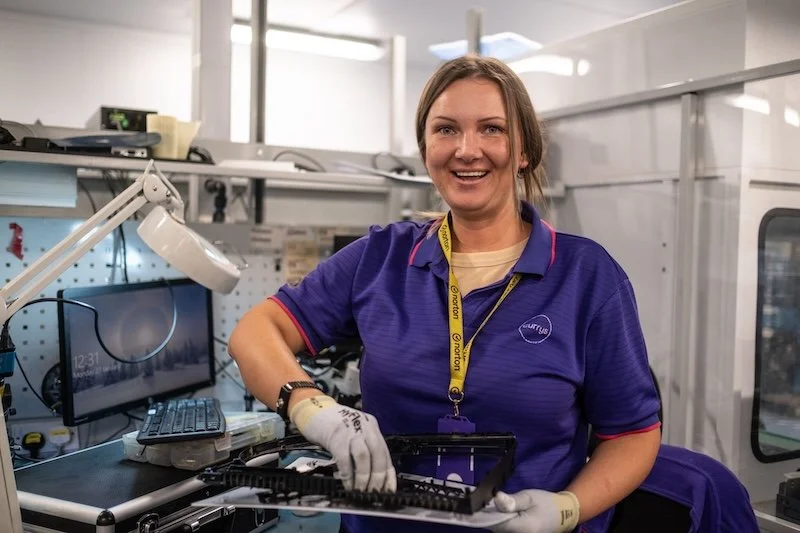






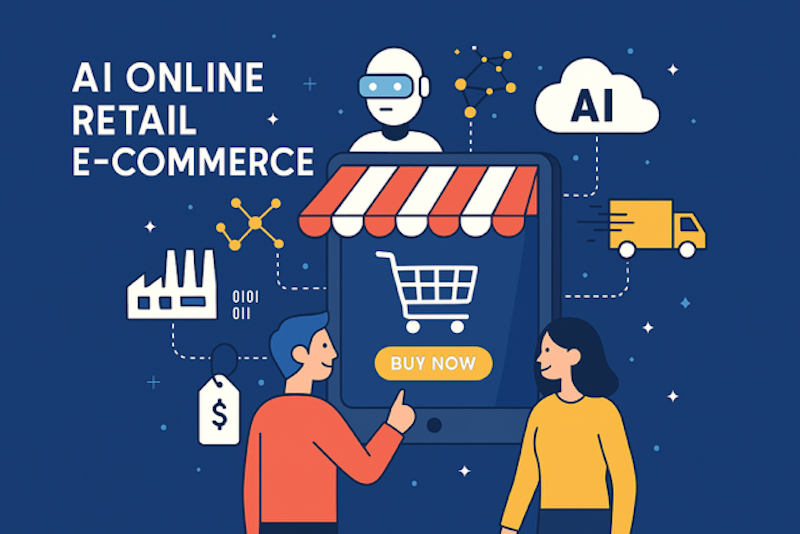

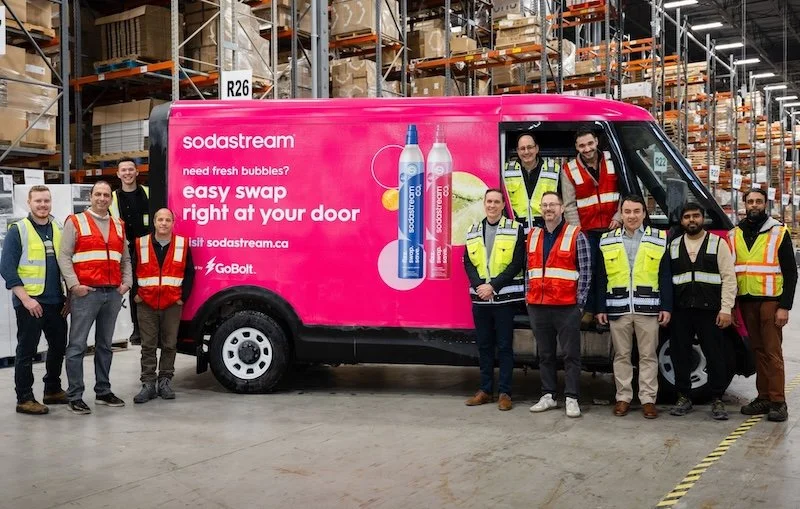


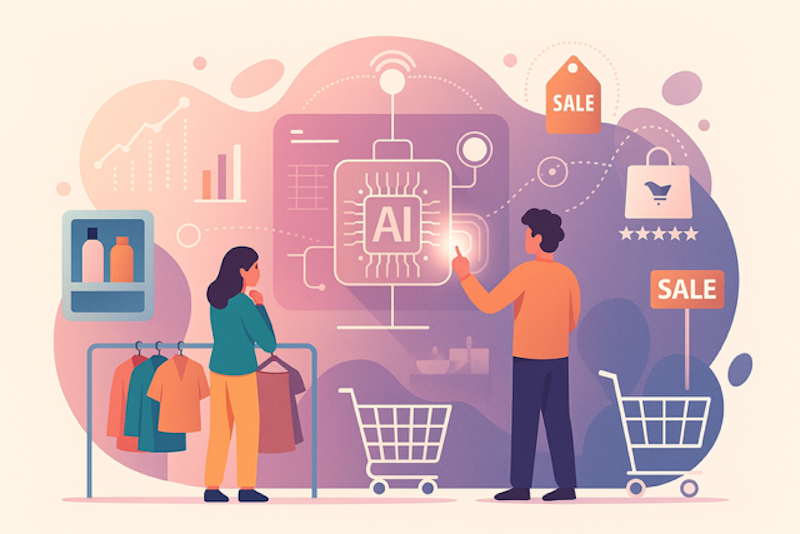
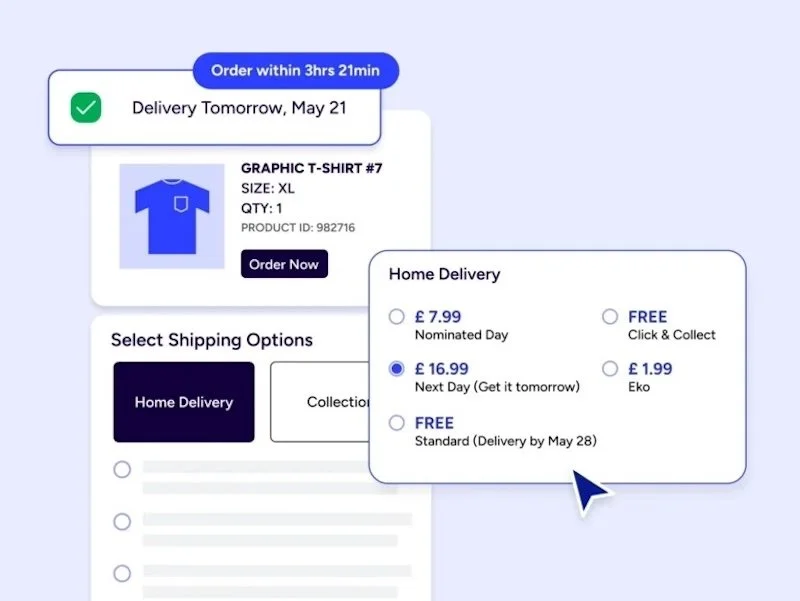






Continue reading…